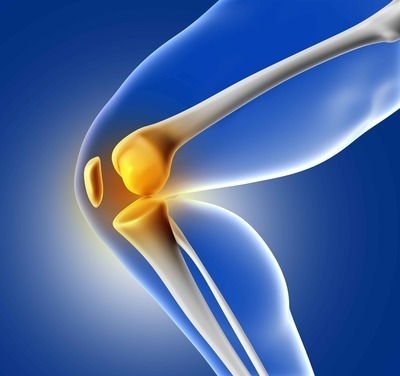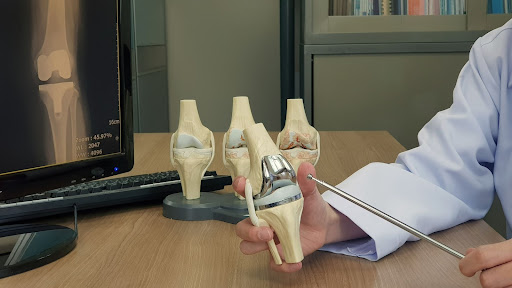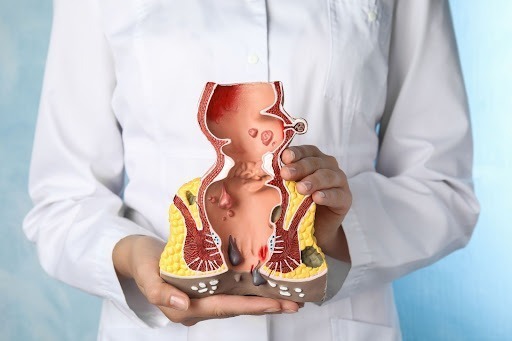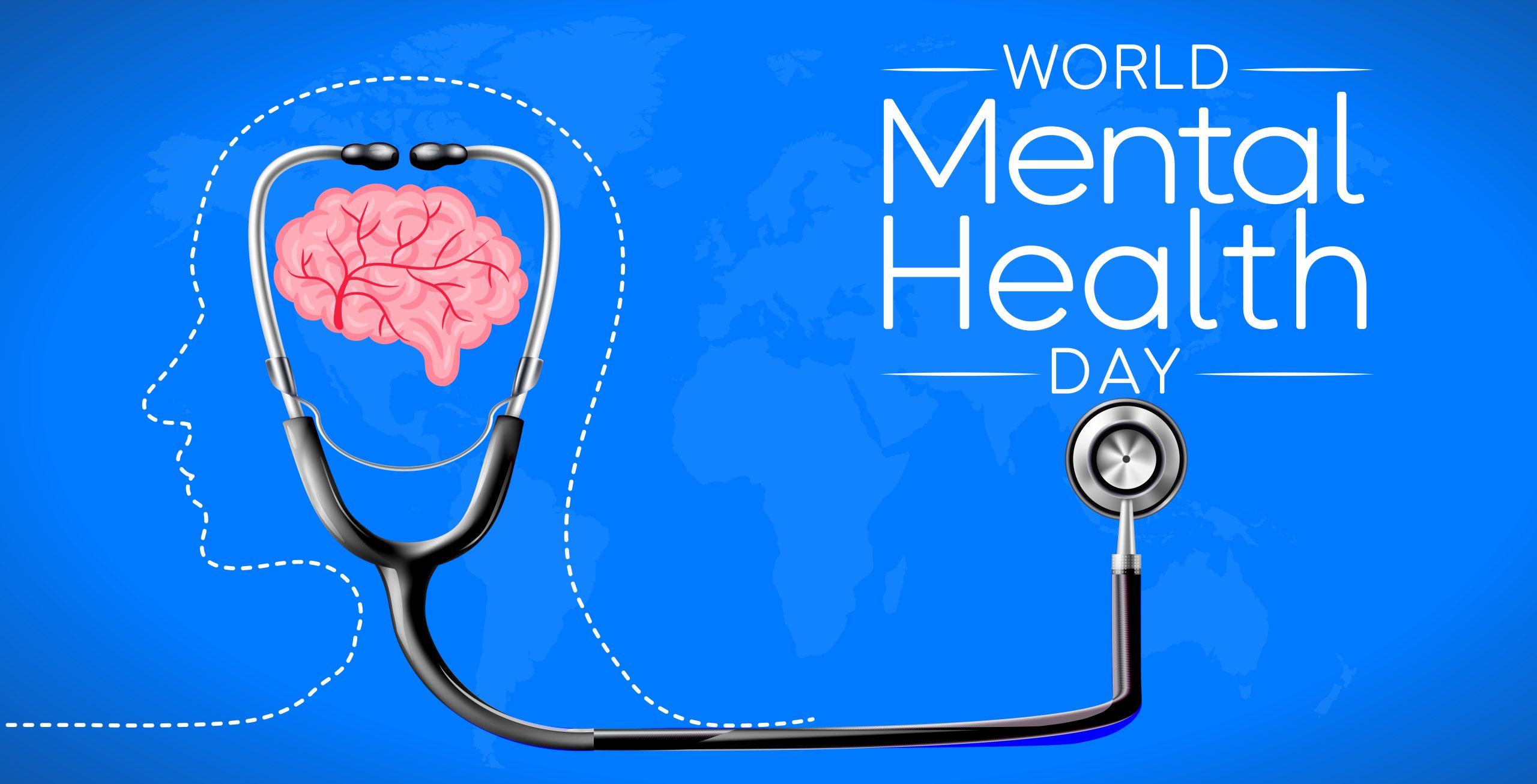Kidney Stones / Urology
Kidney Stones – Symptoms and Treatment

by admin
18th August 2023
7 minutes read
Kidney stones, also known as renal calculi, are hard deposits made of minerals and salts that form inside your kidneys. These often painful formations can be the source of considerable discomfort and, in some cases, serious health concerns. In this article, we will discuss kidney stone symptoms, causes, and various treatment options, focusing specifically on the different experiences that may be had by women, and explore the different sizes of kidney stones, such as the 4 mm and 5 mm stones.
Symptoms of Kidney Stones
Kidney stone symptoms can vary depending on the stone’s size and location. The primary symptom is kidney stone pain, which usually starts unexpectedly when the stone begins to move. This pain often starts in the back or side below the ribs, referred to as the kidney stone pain area, and can radiate to the lower abdomen and groin. The severity and location of the pain can shift as the stone travels through your urinary tract.
Aside from pain, kidney stone symptoms may include blood in the urine (hematuria), nausea, vomiting, and frequent urination. The urine might appear cloudy or have a foul smell. Some people may also experience fever and chills if an infection is present.
It’s important to note that kidney stone symptoms in women are generally similar to those in men. However, women may sometimes misattribute the pain of a kidney stone to conditions like ovarian cysts or urinary tract infections, delaying the correct diagnosis and treatment.
Causes of Kidney Stones
Kidney stones form when there is a decrease in urine volume or an excess of stone-forming substances in the urine. The following factors can contribute to the formation of kidney stones:
- Dehydration: Not drinking enough water each day can increase the risk of kidney stones. When the body is dehydrated, it results in concentrated urine, providing an environment where it’s easier for stones to form.
- Diet: A diet high in protein, sodium, and sugar may increase the risk of certain types of kidney stones. This is especially true with a high-sodium diet as it can increase the amount of calcium the kidneys must filter and significantly increase the risk of stones.
- Obesity: High body mass index (BMI), large waist size and weight gain have been linked to an increased risk of kidney stones.
- Medical conditions: Certain medical conditions can increase the risk of developing kidney stones. These include renal tubular acidosis, cystinuria, hyperparathyroidism, certain types of gastric bypass surgery, and chronic diseases like diabetes and high blood pressure.
- Supplements and medications: Taking high doses of vitamin C, dietary supplements, and certain medications, such as diuretics or calcium-based antacids, can also increase the risk.
- Family or personal history: If someone in your family has had kidney stones, you’re more likely to develop stones, too. And if you’ve already had one or more kidney stones, you’re at increased risk of developing another.
- Urinary tract infections: These can result in the formation of struvite stones.
To help determine the cause of a kidney stone, a healthcare provider may perform a stone risk profile, where urine is collected for 24 hours to measure urine volume, acidity, and levels of calcium, sodium, uric acid, oxalate, and citrate. This can help identify abnormalities contributing to stone formation.
Kidney Stone Treatment
The treatment of kidney stones, or renal calculi, is determined by several factors including the stone symptoms, the reasons for kidney stones, the kidney stone size, and the location of the kidney stone pain.
Small Kidney Stones (4mm or smaller):
Kidney stones that are 4mm in size or smaller are usually small enough to pass through the urinary tract on their own. For these small stones, treatment often focuses on managing symptoms and preventing further stone formation. This may involve:
- Pain Management: Over-the-counter pain relievers such as ibuprofen (Advil, Motrin IB, others) or naproxen sodium (Aleve) can help alleviate the pain associated with passing a kidney stone. If needed, your healthcare provider can prescribe stronger pain medication.
- Hydration: Drinking a lot of water helps to flush out the urinary system and move the stone along.
- Medical Therapy: Your doctor may prescribe medication to help the stone pass. For example, an alpha blocker can relax the muscles in your ureter, helping the stone pass more quickly and with less pain.
Larger Kidney Stones (5mm or larger):
Kidney stones that are 5mm or larger are less likely to pass on their own and often require more intervention.
- Extracorporeal Shock Wave Lithotripsy (ESWL):This is the most common treatment for large kidney stones. It uses shock waves to break the stones into tiny pieces that are then more easily passed in the urine.
- Ureteroscopy: If the stone is stuck in the ureter or bladder, a thin lighted tube (ureteroscope) equipped with a camera can be passed through the urethra and bladder to the stone. Special tools can snare the stone or break it into pieces that will pass in your urine.
- Percutaneous Nephrolithotomy or Nephrolithotripsy: These procedures are used for larger stones or when ESWL or ureteroscopy are not options. A surgeon makes a small incision in your back and uses a scope to remove or break up the stone.
Related Information: varicocele surgery
Preventive Treatment:
Depending on the type of kidney stone you had and the reason it formed, you may need medication to prevent further stones from forming. The best medicine for kidney stones depends on the type of stone and the reason it formed.
For example, if your stones are caused by an excess of calcium, a medication to reduce calcium in your urine could be prescribed. If your stones are due to high uric acid levels, allopurinol to decrease uric acid production or medication to keep your urine alkaline may be used.
In conclusion, the size of the stone, the location of the stone, and the cause of the stone all determine the most effective treatment for kidney stones. It is important to remember that real kidney stones are a complex medical issue, and treatment should always be guided by a healthcare provider.
How can Medfin help?
Medfin Health Care streamlines Kidney Stones treatment. Visit for hassle-free assistance, connecting you with top-notch specialists for effective care.
FAQs
Yes, there are four main types: calcium stones (most common), struvite stones, uric acid stones, and cystine stones. They are formed by different substances and may require different types of treatment.
Yes, a diet high in protein, sodium, and sugar may increase the risk of some types of kidney stones. Staying hydrated can help prevent them.
Kidney stones don’t typically cause permanent damage if treated timely, but they can lead to complications, including kidney disease, if left untreated and in severe cases.
Yes, once you’ve had a kidney stone, you are at an increased risk of having another one in the future. However, lifestyle changes and medical treatments can help reduce this risk.
Yes, kidney stones can be associated with other health problems. For instance, they’re often linked with metabolic syndromes and diseases, hypertension, and obesity. Recurring kidney stones could also lead to kidney damage if not properly managed.
CATEGORIES
- ACL Reconstruction
- Anal Fissures
- Anal Fistula
- Appendicitis
- ASK A DOCTOR
- Benign Prostatic Hyperplasia
- Breast Lump Excision
- Cataract
- Circumcision
- Conditions & Diseases
- Cosmetology
- Covid-19
- Cure
- Endocrinology
- ENGLISH VIDEOS
- Eye Care
- Gallstones
- General Surgeries
- Government Schemes
- Gynaecology
- Gynecomastia
- Health
- Health Insurance
- Hernia
- Hindi
- Hip Arthoscopy
- Hip Replacement
- Hip Replacement Surgery
- Hydrocele
- Kannada
- Kidney Stones
- Knee Arthroscopic
- Laparoscopic
- LASER
- Latest Treatments
- Lifestyle
- Liposuction
- Medfin Stories
- Medicine
- Nephrology
- Ophthalmology
- Orthopaedic
- Paraphimosis
- Patient Testimonials
- PCL Reconstruction
- Phimosis
- Piles (Hemorrhoids)
- Pilonidal Sinus
- Proctology
- Prostate Artery Embolization
- Rhinoplasty
- Second Opinion
- Total Knee Replacement
- Urology
- Uterine Artery Embolization
- Uterine Fibroids
- Varicocele
- Varicose Veins
- Vascular
- VIDEOS







